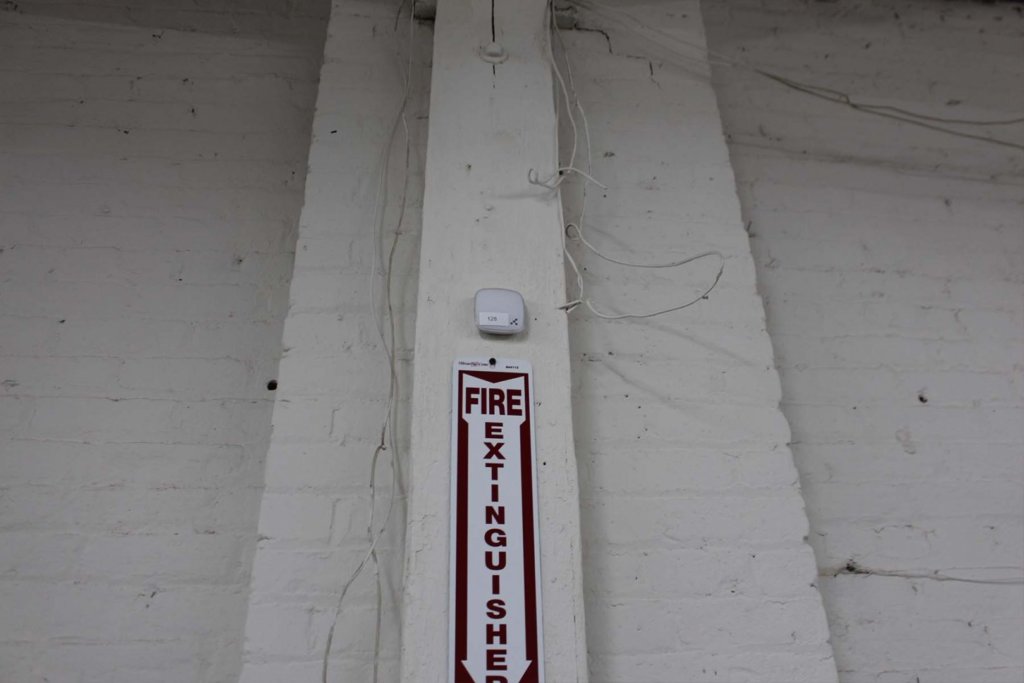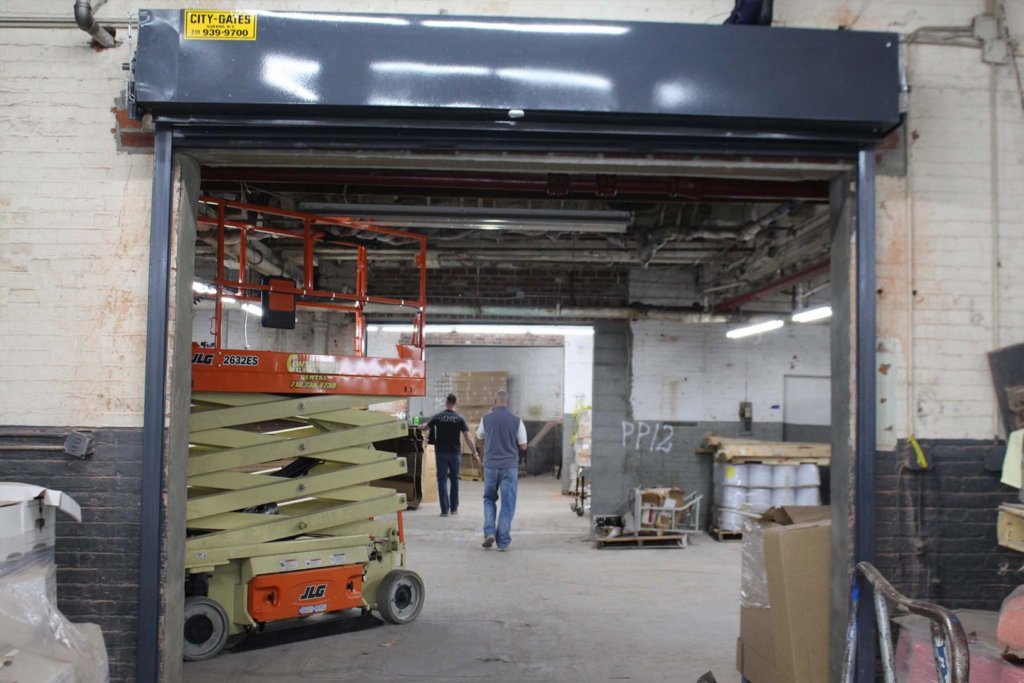Alphapointe, New York’s largest employer of individuals who are blind and visually impaired, has made a new permanent home for itself in the Richmond Hill community.
The company relocated from its Borough Park Brooklyn headquarters to 87-46 123rd St. in Richmond Hill in June 2017. Alphapointe recently hosted its first holiday party Dec. 12 in the newly upgraded facility with state-of-the-art technology that will help benefit its employees.
“By coming to Richmond Hill, we start to provide services that aren’t readily available in Queens,” said Anthony Luisi, director of development at Alphapointe. “Queens does not offer a lot of the services that are necessary to help the visually impaired and blind, especially when it comes to employment. We’ve invested $25 million into this community, but the purchase of the building and renovations we’ve done and more to do, this has certainly become a marathon on sprint.”

Alphapointe — with 100+ blind and visually impaired employees– focuses on hiring of the disabled providing training services, employment opportunities, and placing clients in the community for jobs. It does light and industrial manufacturing.
The company occupies a 100-year-old building that was formerly an archive site for stored records and papers. So far, they’ve installed new roofing, plumbing, electricity, flooring, and painting. Additionally, Alphapointe is working towards incorporating modern technology for its employees, according to Luisi.

JAWS (Job Access With Speech), a computer screen reader program for Microsoft Windows, allows blind and visually impaired users to read the screen either with a text-to-speech output or by a refreshable Braille display.
“All of our computers have zoom tech and JAWS technology so the visually impaired can see the screens and voice detects that tells them what their email says. The BlindSquare is really beneficial. It gives our employees independence because now they feel much more comfortable moving around,” said Luisi.


Greg Pitkoff, managing director of Grip Communications, added, “Literally when people were moving around in there [the Brooklyn office] they had a network of ropes overhead that had knots in them indicating distance or intersections. They would either have to run their hands or canes the other way along the ropes to know how to get from point A to point B,” said Pitkoff. “With the beacon technology, the use of their phone tells them where to go in the facility.”
Guy Latronico, who is visually impaired, has been employed at Alphapointe for nine and a half years.
“When I first came here I was working in retail and left because of vision problems,” said Latronico, who supervises the brush and broom department at Alphapointe. “I learned how to sew here, manufacturing…I learned how to deal and cope with visually impaired and blind people… how to use heavy machinery and brushes.”
Latronico added, “Over here you can be more confident when you have any kind of disability, as to outside where people don’t understand it.”
According to Luisi, their employees have some acquired skill set or have never had a position prior to working at Alphapointe.
Mark D’Altorio, a job placement specialist at Alphapointe, has helped over 150 individuals acquire jobs outside of the company ranging from entry-level positions to the federal government.
“We focus on the quality of the placement as opposed to the quantity and mass,” said D’Altorio. “I get a better feeling from seeing other people who maybe are not aware of their capabilities of blind individuals… seeing the light of an employer kind of go on, and realizing what it is or seeing a person who realizes the potential within themselves is a gratifying aspect for me.”
Luisi said they have to be able to create aspirations for individuals.
“We’ve got to always provide the opportunity to better themselves,” said Luisi. “There is still such a large unemployment rate for people with disabilities. If we can give these folks an opportunity to get their life back on track so they can live the American dream, then we’ve been successful.”



































